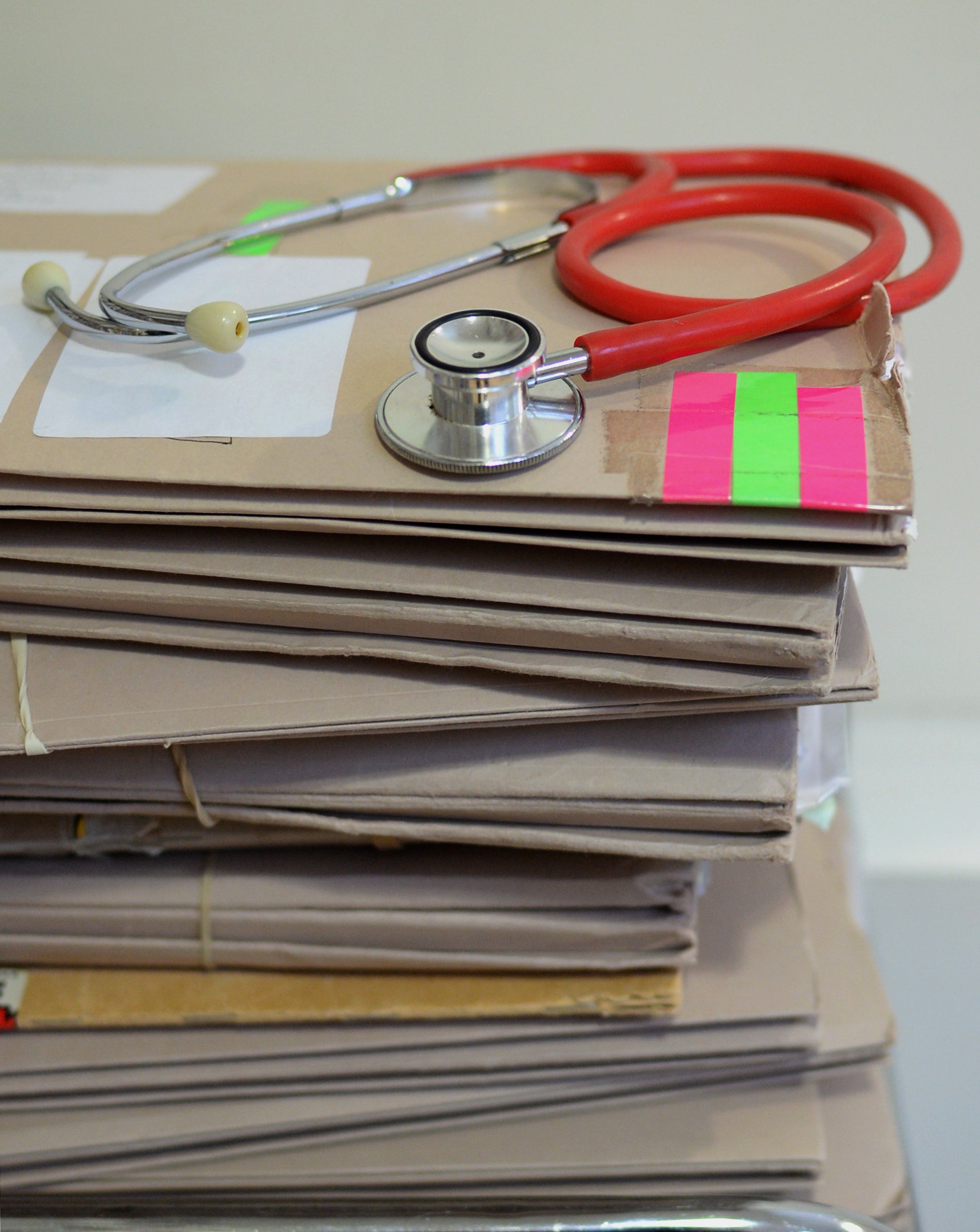GPs buckling under the strain as they support patients stuck on NHS waiting list
GPs are spending more time caring for patients waiting for hospital care amid record backlog.

GPs are spending an increasing amount of time caring for patients who are stuck on the NHS waiting list, MPs have heard.
A record number of people are waiting for hospital care in England after being referred for specialist care by their GP – some 6.1 million people in England alone.
One family doctor said that she was supporting patients who face a 63-week wait to see hospital medics who specialise in digestive problems.
Dr Kate Fallon, a GP at Somerton House Surgery in Somerset, told the Health and Social Care committee: “We have a 63-week wait to see a gastroenterologist at the moment.
“And what are all those patients doing? Well we’re holding them, we’re taking the risk, we’re trying to support them through that.
“So that is causing us an awful lot more patient contacts (compared to) if the service was more timely.
“It’s not just gastroenterology, but that’s the worst example.”
Meanwhile, Professor Martin Marshall, chair of the Royal College of General Practitioners (RCGP), said that the “profession is in crisis”.
He told MPs that family doctors are only given “two to three minutes” to deal with each health issue.
“The profession is in crisis and it’s a matter of concern,” he said.
“I’ve been a GP for just over 30 years – I’ve seen ups and downs over that time in the state of as a general practice and general practice’s ability to do its job, but I’ve never seen things as low as they are now.”
He told MPs that a poll by the RCGP found that 34% of GPs said that they plan to retire in the next five years.
“That would be 14,000 fewer GPs than we have at the moment,” he said.
“So we’re likely to be losing more GPs than we’re recruiting and that is a massive crisis.”
Prof Marshall said that a trusting relationship between a GP and their patient could be more effective “than many drugs”.
But he added: “We have to accept the old model of one GP, one patient for 40 years is not sustainable. That’s not what society is like. But there are ways of delivering trusting relationships in a new society, and that’s what we need to work on.”
On the amount of time spent addressing each health issue, he added: “The kind of problems that we’re seeing in general practice, as well as medical advances, are far more complex than they were when I started my career
“As a consequence of that, that makes each consultation more and more stressful.
“We know that the average consultation length is 9.8 minutes, and the average number of problems is just about three.
“So you got a complex problem and you’ve got two or three minutes to deal with it in a consultation. It doesn’t work.
“And what it means is you’re constantly cutting corners and you’re constantly making compromises.
“And those compromises are most likely to fall on your ability to provide personalised care, person-centred care and equity of care as well. But increasingly, they’re putting pressure on our ability to provide safe care as well.
“A number of GPs I know who are just constantly worried that they’re going to make a prescribing error or a diagnostic error.”
He said that there “has to be hope for general practice otherwise there is no hope for the NHS”.
He called for a larger workforce, different working in GP practices and “changing the nature of demand” by helping patients understand when they can self-care or seek help from a pharmacist.